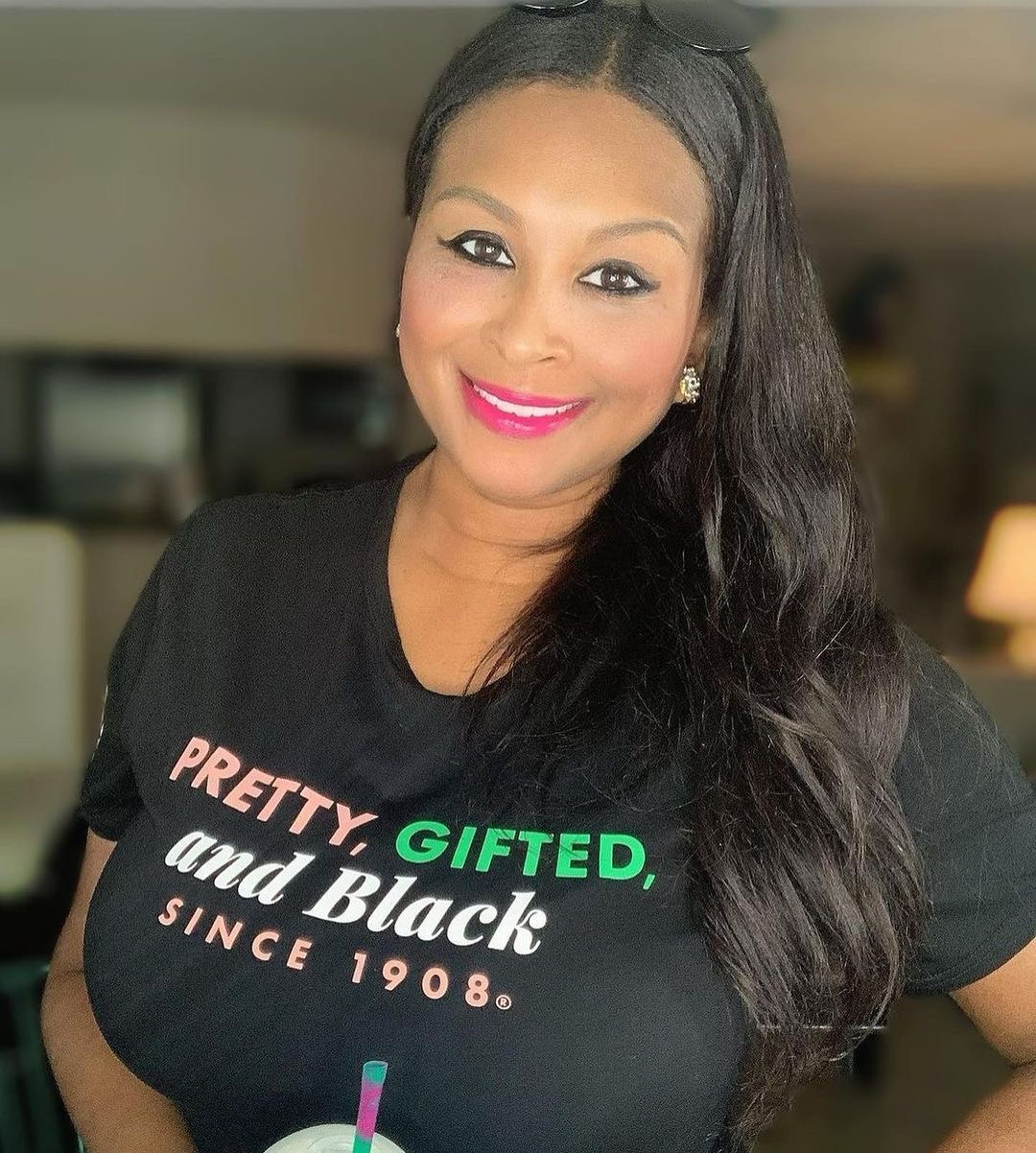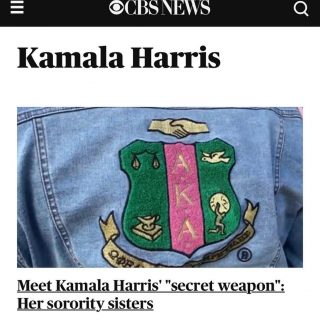
On Thursday, September 2nd, 2021, the State Supreme Court of Virginia issued a unanimous ruling allowing the state to remove an iconic and controversial statue of Confederate Gen. Robert E. Lee from its prominent Richmond location. On Wednesday, September 8th at approximately 8:54 am the statue was removed from its pedestal and dismembered.
Citing testimony from state historians, the court noted that the sizeable statue was erected in 1890 with the purpose of honoring a pre-Civil War existence that promoted the oppression of Black people. The justices went on to state that its continuous display “communicates principles that many believe to be inconsistent with the values the Commonwealth currently wishes to express.”
The decision resulted from two lawsuits filed by Virginia residents seeking to block Governor Ralph Northam’s order to remove the sculpture. The petitioners relied on a promise that state leaders made under the 1887 and 1890 ownership deeds to maintain the statue indefinitely. Holding that the obligation no longer exists, the justices wrote, “Those restrictive covenants are unenforceable as contrary to public policy and for being unreasonable because their effect is to compel … the Commonwealth to express, in perpetuity, a message with which it now disagrees.”
The decision to remove the statue was made shortly after George Floyd’s murder in the midst of widespread protests. The 21-foot monument became an emblem of the movement within the state of Virginia as protestors gathered there on a daily basis and covered it in symbolic graffiti. Northam reportedly called the Supreme Court ruling “a tremendous win for the people of Virginia.”
State Senator Louise Lucas, tweeted, “For far too long, the Lee statue stood tall in our capital and represented nothing but division and white supremacy — but it is finally coming down.” The Lee statue was the first of five Confederate monuments erected on Richmond’s Monument Avenue. While many residents celebrated the statue of the native Virginian, Black residents have long viewed the monuments as glorifying slavery. The city of Richmond has removed more than a dozen other pieces of Confederate statuary on city land since Floyd’s death, which prompted the removal of Confederate monuments in cities across the country.
Let us know your thoughts on this historic court ruling, and the statue’s subsequent removal, in the comments below.






